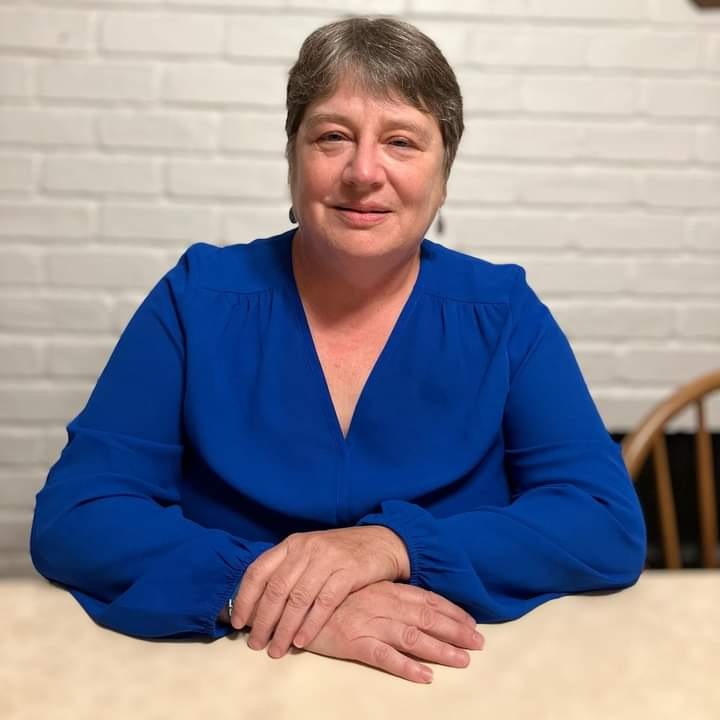
The financial giant Scotiabank is paying to put some of Canada’s best fiction in libraries – as in the very little libraries – to give more citizens access to the country’s most-acclaimed writers. Through a partnership with Little Free Library, the global free book-sharing program, Scotiabank is donating copies of the five finalists for the Scotiabank Giller Prize to the petite book-boxes known as Little Free Libraries across the nation.
The winner of the 2021 Scotiabank Giller Prize – judged the year’s best fiction work by a Canadian author – is scheduled to be announced this evening on the television network CBC and its free online streaming service. Judges include three award-winning Canadian authors, one American and a Malaysian writer.
"By providing more opportunity for Canadians to access the Prize's shortlisted novels, we hope this initiative creates Canada's largest book club, and that readers of all ages, from coast-to-coast find comfort, solace, adventure, action and learning from this year's talented shortlist," said John Doig, Scotiabank’s executive vice president for retail sales.
Scotiabank’s Storyteller Shelves campaign, which include signs and billboards posted across the country, also allow people to read enhanced previews of all of this year’s contenders for the Scotiabank Giller Prize. Citizens simply scan a QR code to read the excerpts.
The Giller Prize was founded in 1994 to honor Canada’s best fiction writers. Scotiabank began to partner with the prize’s organizers in 2005, thereby creating the Scotiabank Giller Prize. While initially the top award was $25,000, winners now receive $100,000 and the four finalists each get $10,000. Past winners have included Alice Munro, Mordechai Richler and Margaret Atwood, author of The Handmaid’s Tale.
Putting copies of the five finalist books directly into communities introduces readers to outstanding stories they might otherwise have missed. The nonprofit Little Free Library started with one book box in 2009 in Hudson, Wisconsin, and now boasts more than 100,000 volunteer-run free libraries in more than 100 countries. The “libraries” resemble large-size birdhouses on poles with shelves inside for books and see-through doors. Community members are encouraged to borrow books as well as donate some. Readers share more than 42 million books each year.
One of this nonprofit’s recent initiatives is Read in Color, an effort to bring more books featuring diverse cultures and lifestyles to the boxes in communities.
These “book bundles” do have detractors. Some librarians fear that cash-strapped towns will close their public libraries and rely on the little book boxes, depriving communities of needed services. When the El Paso Texas, Public Library adopted a $50 yearly user fee for nonresidents, the nearby library-less town Vinton opted to install five Little Free Library boxes throughout the town, which some critics say are poor substitutes for a full-service library.
But at the same time, more than 600 public libraries in the U.S. have their own Little Free Libraries to extend their reach. The group’s goals include not only growing readers, but also the encouraging of building a sense of community across neighborhoods.
"Our mission for Little Free Library is to be a catalyst for building community, inspiring readers, and expanding book access for all," according to Greig Metzger, Executive Director of Little Free Library. “Placing free, brand-new novels in our book boxes nationwide is the perfect way to bring Canadians closer to some of the country's best storytellers."
Image credit: CNW Group/Scotiabank

Ellen R. Delisio is a writer who lives in Long Island, NY. Over the past 30 years, her writing has focused on life science, sustainability, education issues and electric vehicles. Ellen is an avid reader and beach-goer.














